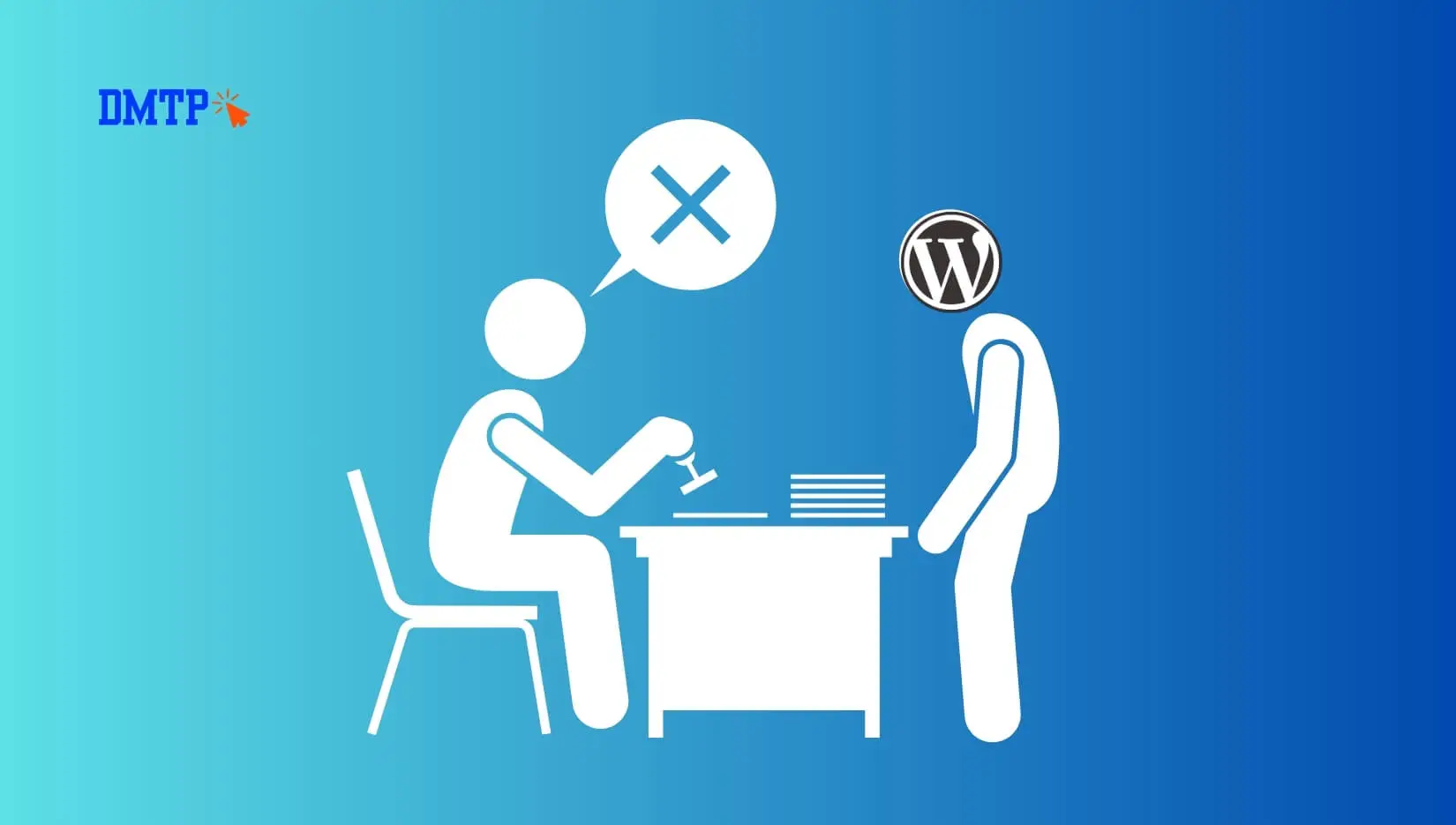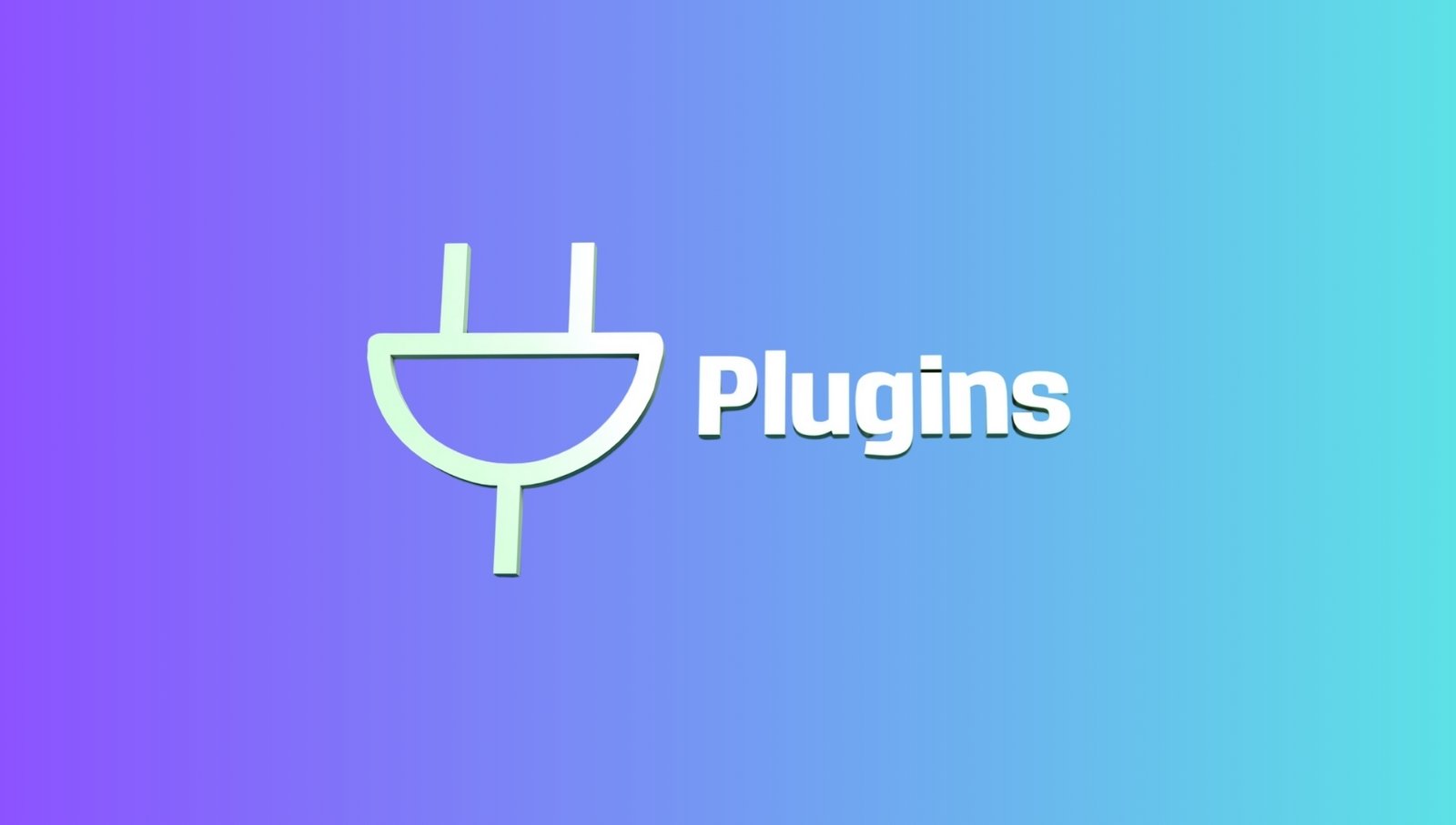Introduction
Selecting the best plugins to use with WordPress could be a daunting task. With over 60,000 free options available in the official directory, and thousands of premium options, it’s easy to be enticed into installing too many or choosing tools that claim to be the best but can slow your website.
Plugins are extremely powerful. They expand WordPress to a greater extent than its basic features by turning a basic website into a storefront, membership center, or even a stylish portfolio. However, every plugin comes with risks: security holes or compatibility issues, and slow performance.
This article will help you understand how to pick the most effective WordPress plugins for your site without getting overwhelmed by options. It will teach you a quick evaluation framework, the red signals to avoid, and how to manage functionality while ensuring performance and security.
What Makes a Plugin Worth Installing?
There are many plugins available for WordPress that are created equally. Some are light and reliable, while others are overloaded and risky. Here’s how you can tell the difference.
1. Check Active Installations and Ratings
A plugin that has millions of active installations and consistently five-star reviews indicates confidence. It’s not everything, but it can be a sign of the reliability of a real-world application.
2. Review Update Frequency
If a plugin hasn’t been updated in one year or more, it may have issues with compatibility with the current WordPress core. Older plugins could create security risks. Try to find plugins that have been which have been updated within the past six months.
3. Look at Support Responsiveness
Visit the WordPress plugin’s support forum at WordPress.org. Are user questions answered? Do developers respond quickly? Active support means that you won’t be left in the dark if there is a problem.
4. Check Developer Reputation
Companies with well-known developers or many successful plugins are better choices. For instance, Yoast, WP Rocket, and Automattic (the creators of WordPress.com) have all established a track record.
Avoiding Common Plugin Mistakes
Many website owners install plugins and don’t think about the long run. Here’s what to look out for.
Installing Too Many Plugins
The more you have, the less. Every plugin contains codes that slow your website or interfere with other plugins. A best practice is to make sure your plugins aren’t too bloated. If a tool can do three functions, then make use of the tool instead of using three different plugins.
Relying on “All-in-One” Solutions Blindly
Certain tools claim to manage everything — SEO, security, caching, and analytics– all in one program. Although they sound appealing, these tools are resource-intensive and difficult to figure out when something goes wrong.
Ignoring Compatibility Testing
Before installing, make sure that the plugin works with the version of WordPress you have installed of WordPress. Incompatibility could cause your site to fail. Always back up your site prior to adding new plugins.
A Simple Framework for Choosing the Best WordPress Plugins
Consider this a checklist every time you’re looking at an upgrade to a tool.
Step 1: Define Your Goal
It is important to ask, “What exact problem am I trying to solve?” Installing plugins to support the features you may require later on is where it all gets bloated.
Step 2: Research Alternatives
Look for two or three possibilities, and not only the first result. Compare pricing, features and feedback from users.
Step 3: Test in a Staging Site
Do not add a plugin directly to your existing site. First test it on a staging site to make sure it is compatible and determine the performance impact.
Step 4: Measure Performance
Utilize tools such as GTmetrix as well as PageSpeed Insights prior to and after installing. If your website slows substantially, the plugin may not be worthwhile.
FAQs About Plugins for WordPress
Q1. What is too numerous? There’s no magical number, but the majority of healthy websites have between 10 and 30 plugins. The most important thing is the importance of quality over quantity.
Q2. What are the top plugins for WordPress novices? If you’re just beginning, think about essentials such as an SEO plugin or a caching plugin, and a security plugin. Pick reputable brands like Yoast SEO, WP Rocket, or Wordfence.
Q3. Are premium-quality plugins guaranteed to perform better than those that are free? However, this is not always the case. Many free plugins are fantastic. Premium versions typically include superior features, better support, and faster updates.
Q4. Can I replace custom code using plugins? Sometimes, but not always. The benefits of plugins include convenience; however, custom code is usually more efficient and lighter. You must balance ease of use and performance.
Conclusion
Selecting the most effective WordPress plugins isn’t just about hunting the top names or flooding your dashboard with a myriad of tools. It’s about being clear: understanding the issue you’d like to solve and choosing a company that you trust, and making sure your website is clean and speedy.
If in doubt, less is more. A tinier set of well-chosen plug-ins designed for WordPress will always perform better than an overloaded list of poorly maintained tools.
Also Read: Why Is SureRank WordPress SEO Plugin So Popular?Also Read: Ecommerce SEO Rankstar: Boost Your Store’s Rankings and Sales Effectively












